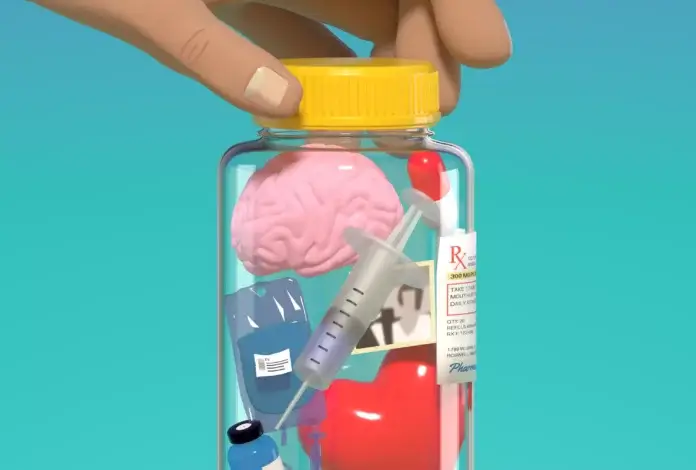By 2060, nearly 14 million Americans may be living with Alzheimers disease.
We still don’t have a cure for this devastating condition, which can gradually destroy someone’s memory and cognitive function, and by extension, their autonomy and interpersonal relationships. Most existing treatments can slow the progression of Alzheimer’s symptoms by six months to a year, but they don’t stop the disease.
Now, a new class of medications is offering hope and buying more quality time for Alzheimer’s patients. Two recently FDA-approved medications—Leqembi and Kisunla—can slow cognitive decline in people with early-stage Alzheimer’s. These drugs work by removing amyloid plaques—unusual clumps of proteins that build up in the brain and block cell communication.
Leqembi and Kisunla represent a great step forward in Alzheimer’s treatment. Still, patients need to jump through logistical hurdles to secure a prescription or insurance coverage. And they have to travel to a clinic to get hour-long infusions every other week.
The drugs carry serious risks of brain swelling and bleeding, which require patients to be closely monitored with regular checkups and brain scans.12 They also come with a hefty price tag: Eli Lilly’s Kisunla could cost over $48,000 for an 18-month treatment without insurance, while Eisai and Biogen’s Leqembi could cost $26,500 per year.34
While there’s much progress to be made, some patients and families are just excited to have more treatment options for an incurable disease. There are hundreds more clinical trials underway, and we may see more medical breakthroughs for Alzheimer’s treatment in the coming decade.
As people live longer, it’s more important than ever to invest in brain research to prevent and treat Alzheimer’s disease. I am hopeful that, with a focus on innovative medications and lifestyle interventions, we can really improve the quality of life and cognitive abilities of those living with the condition.
— Sohaib Imtiaz, MD, Chief Medical Officer at Verywell Health












